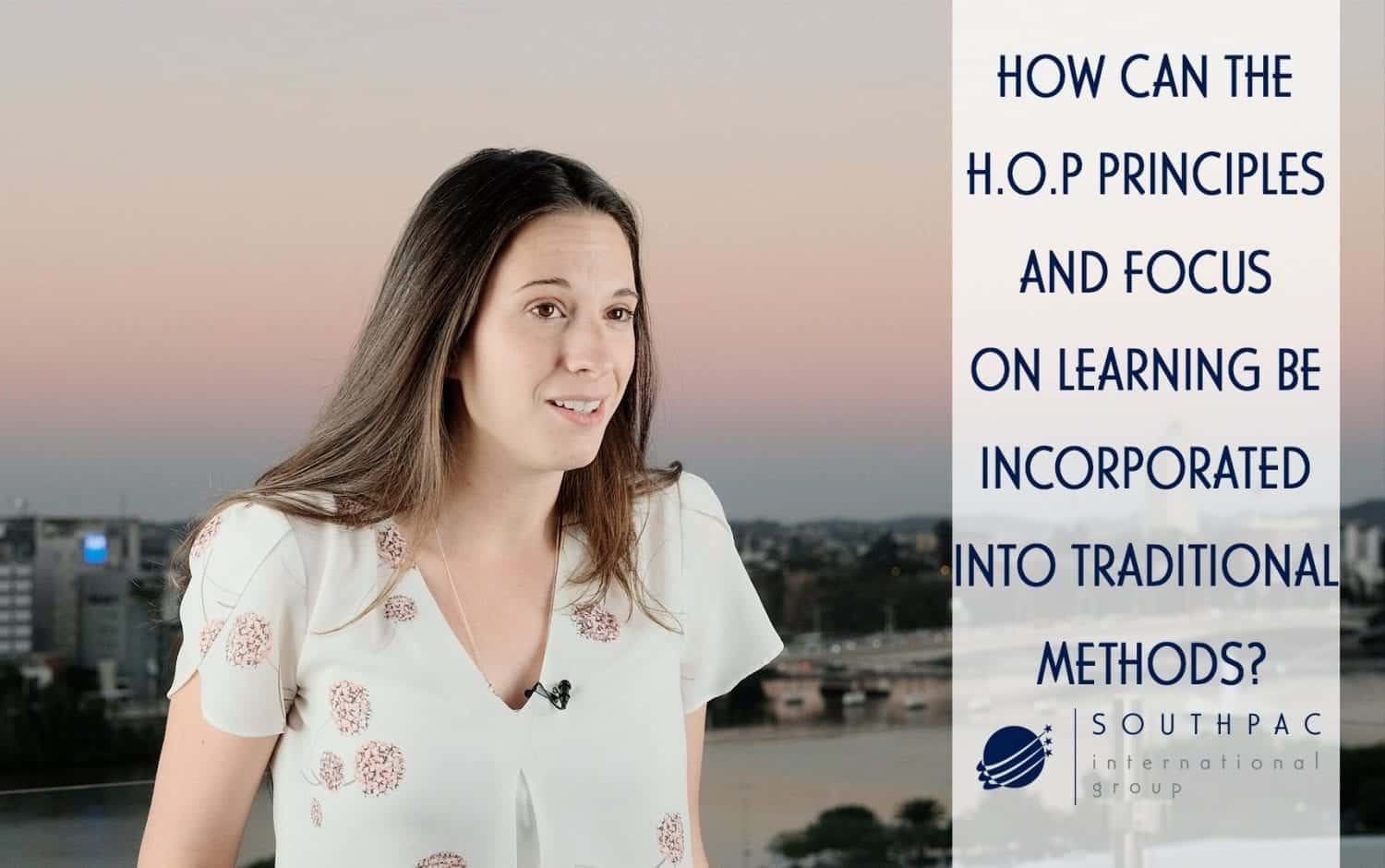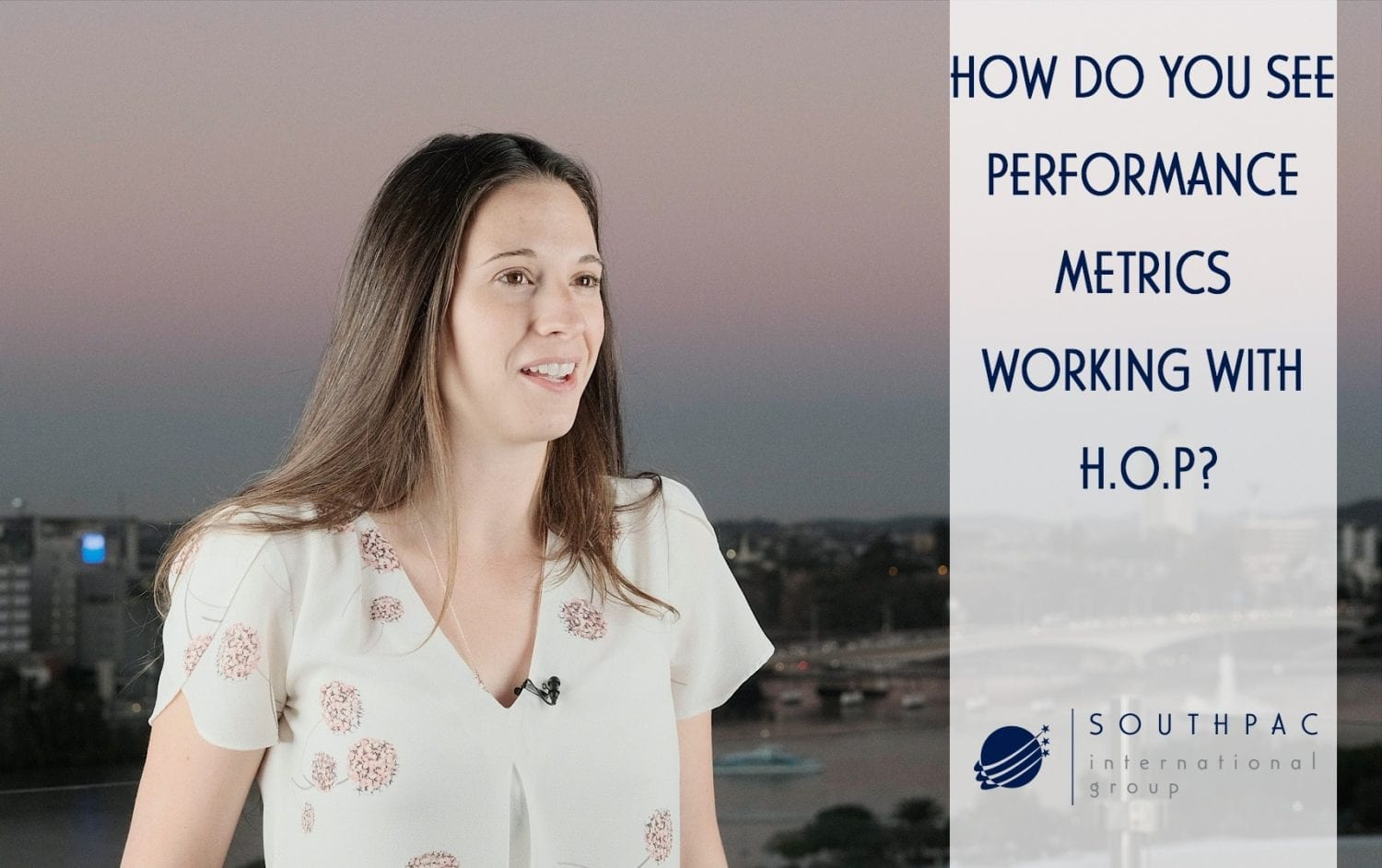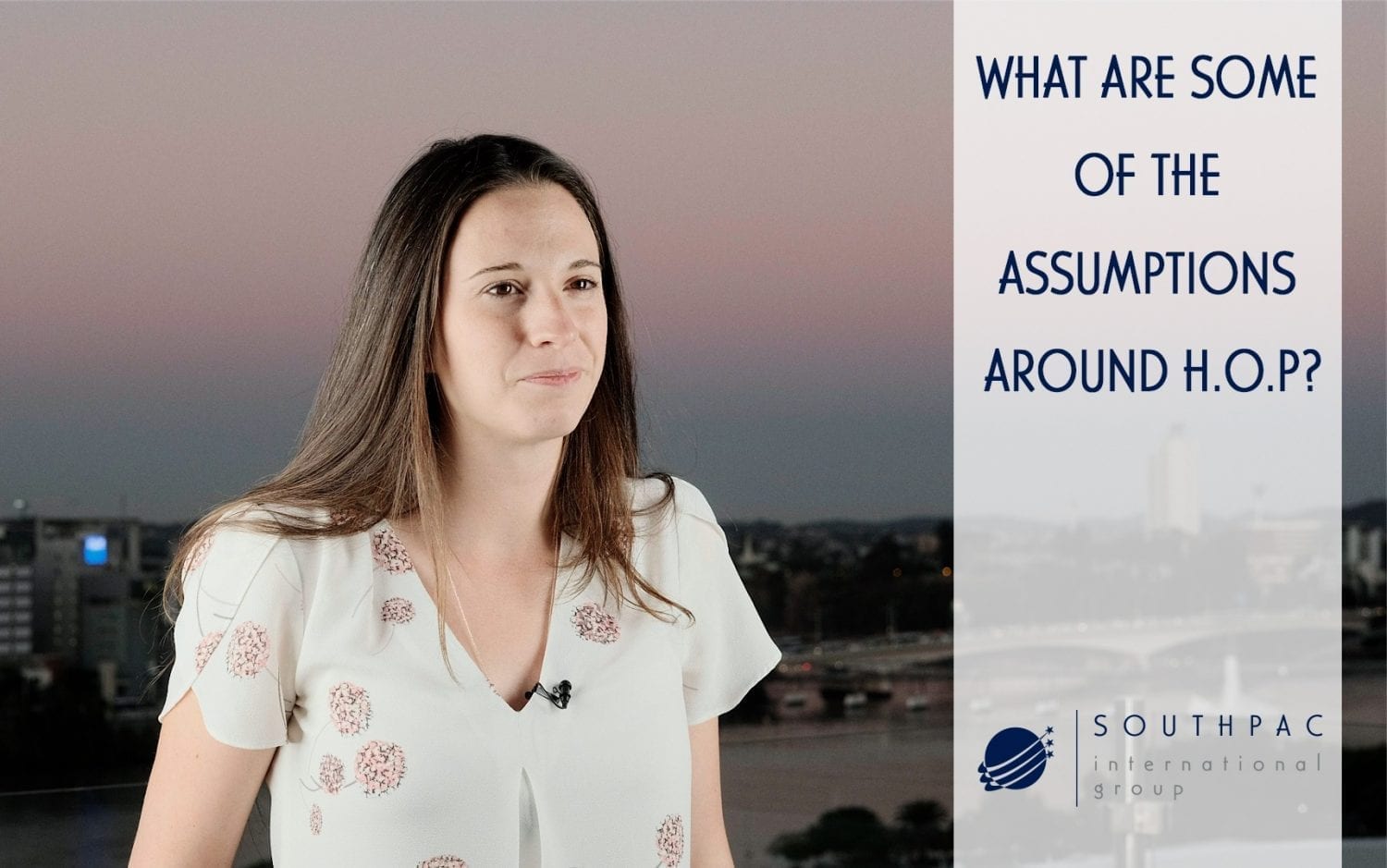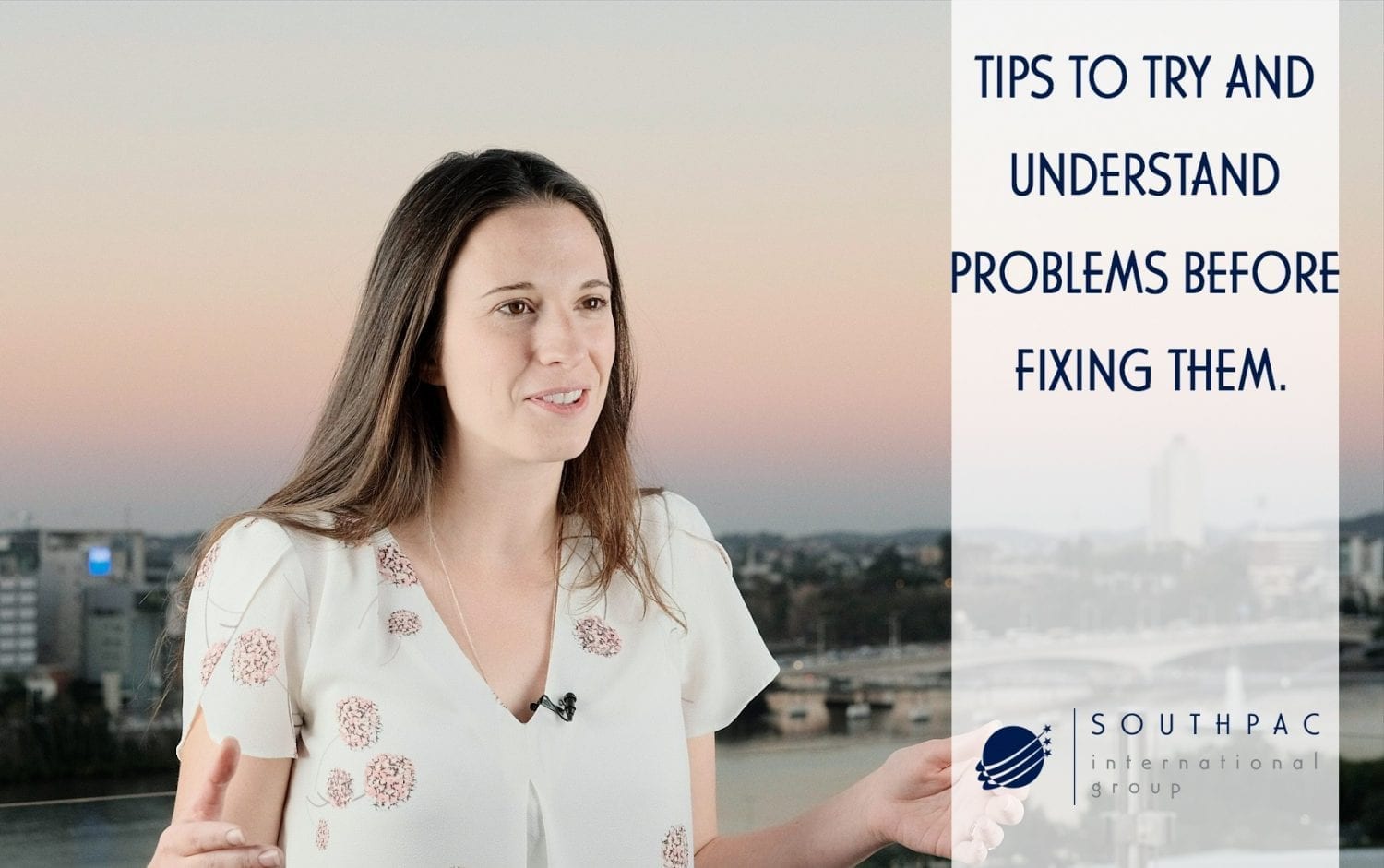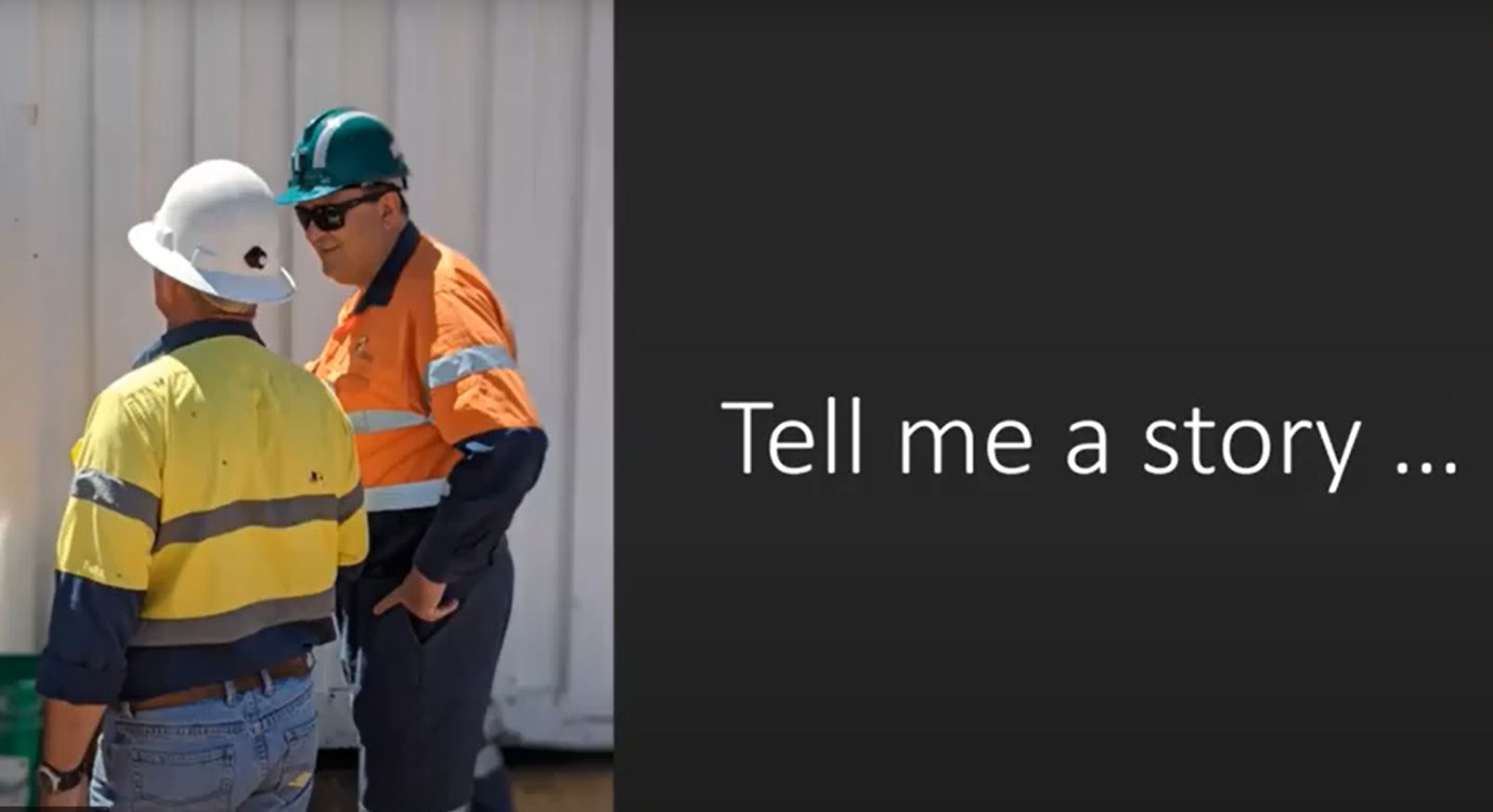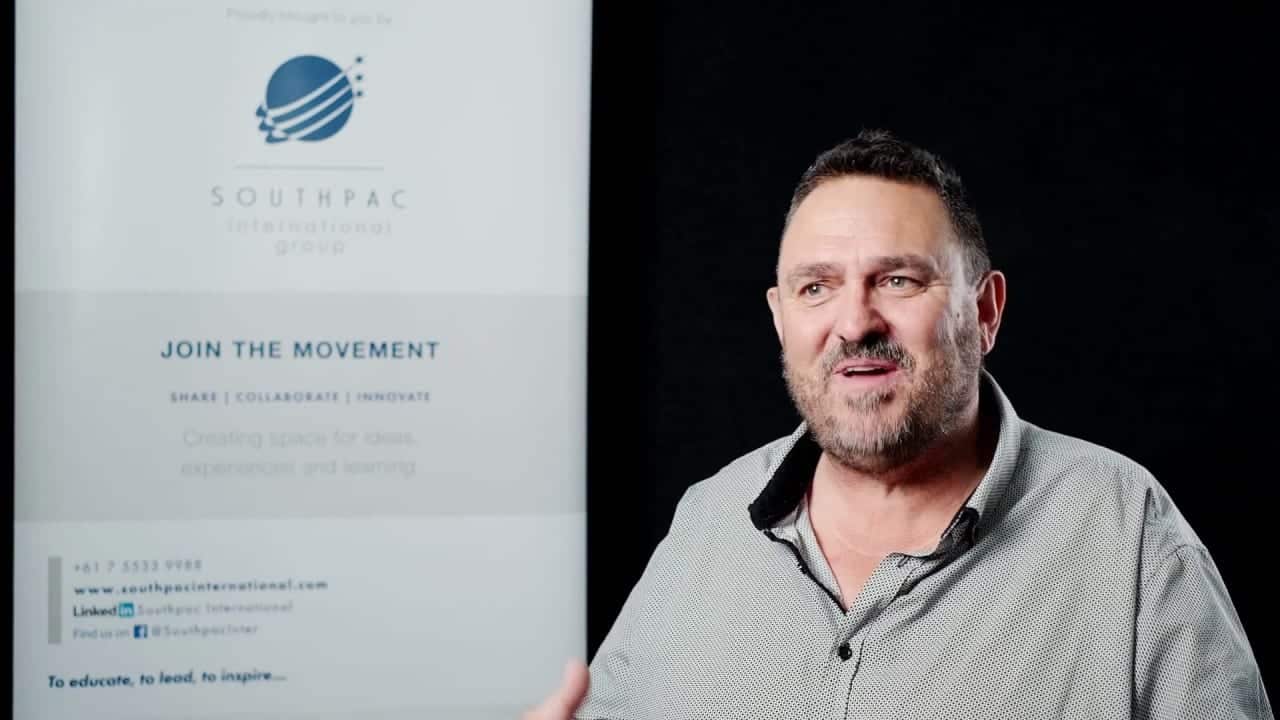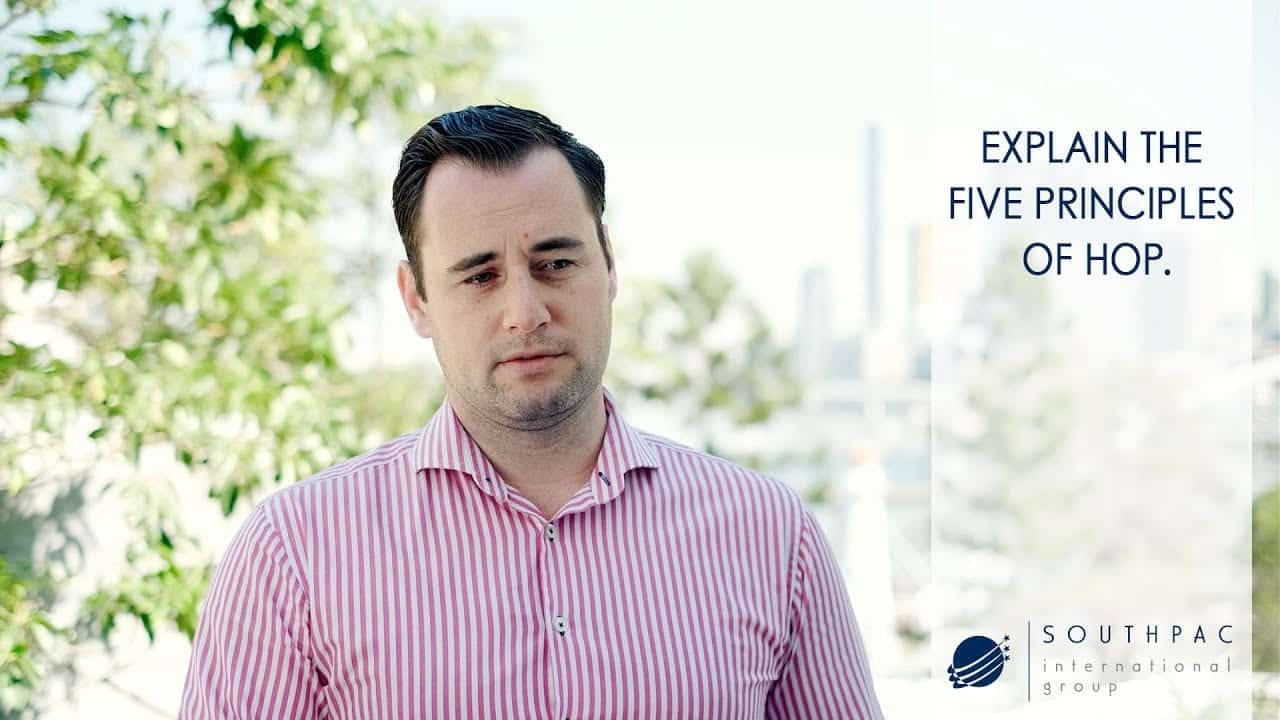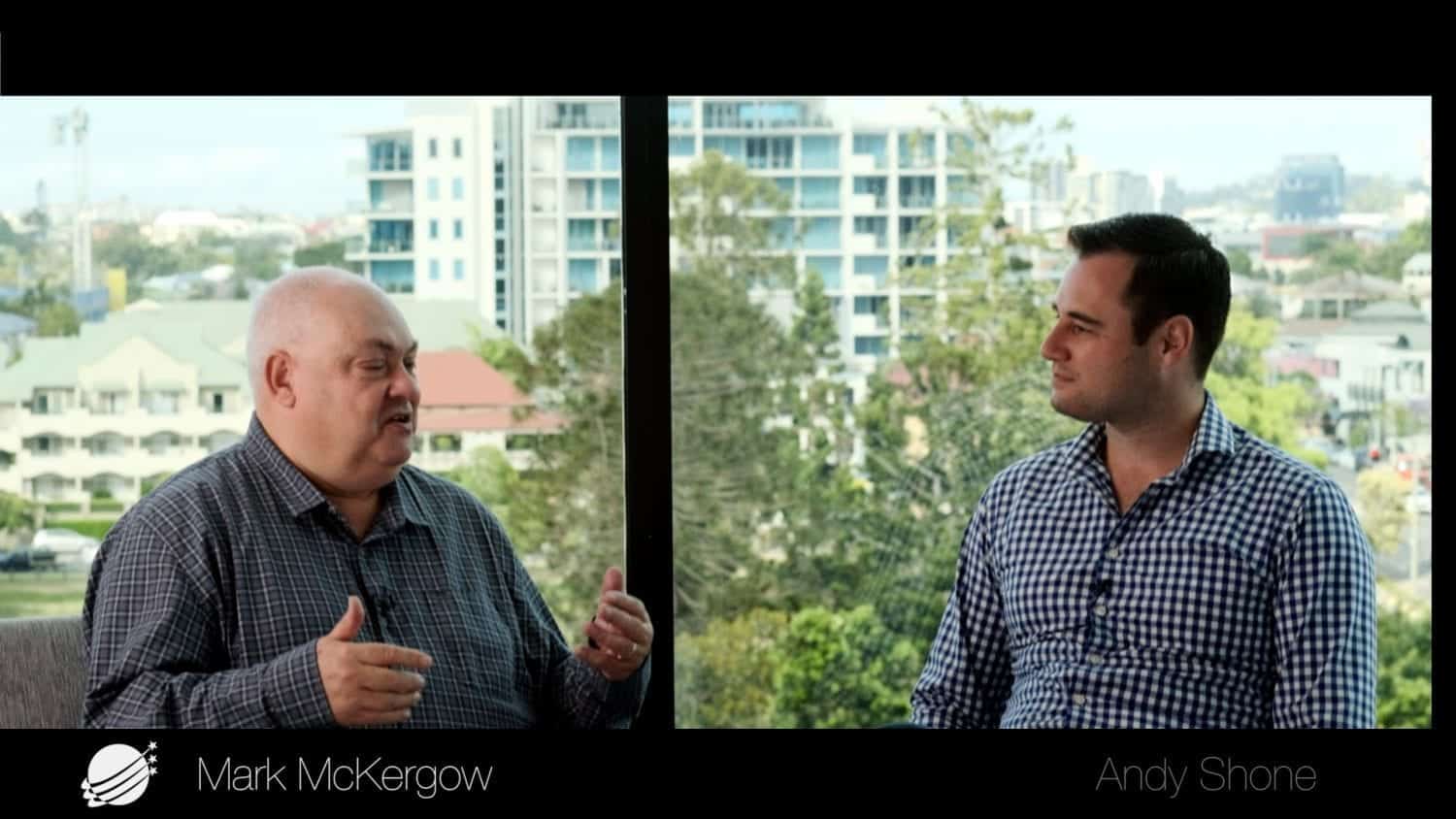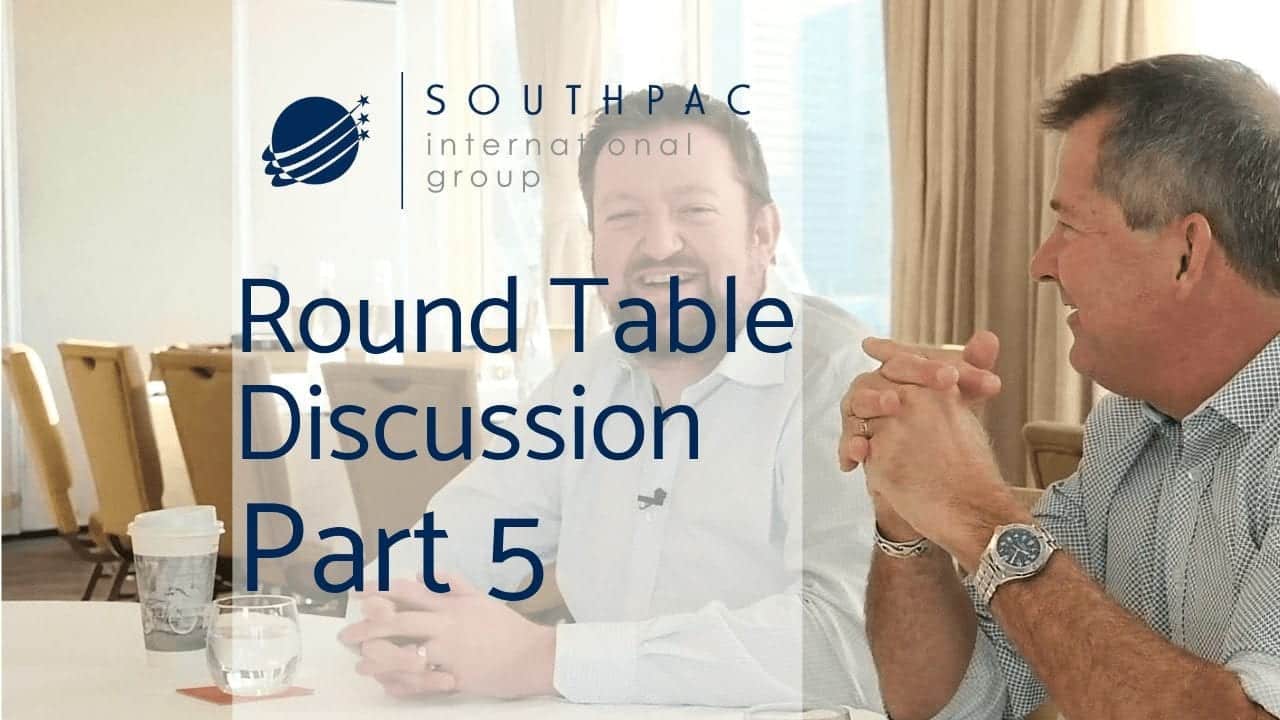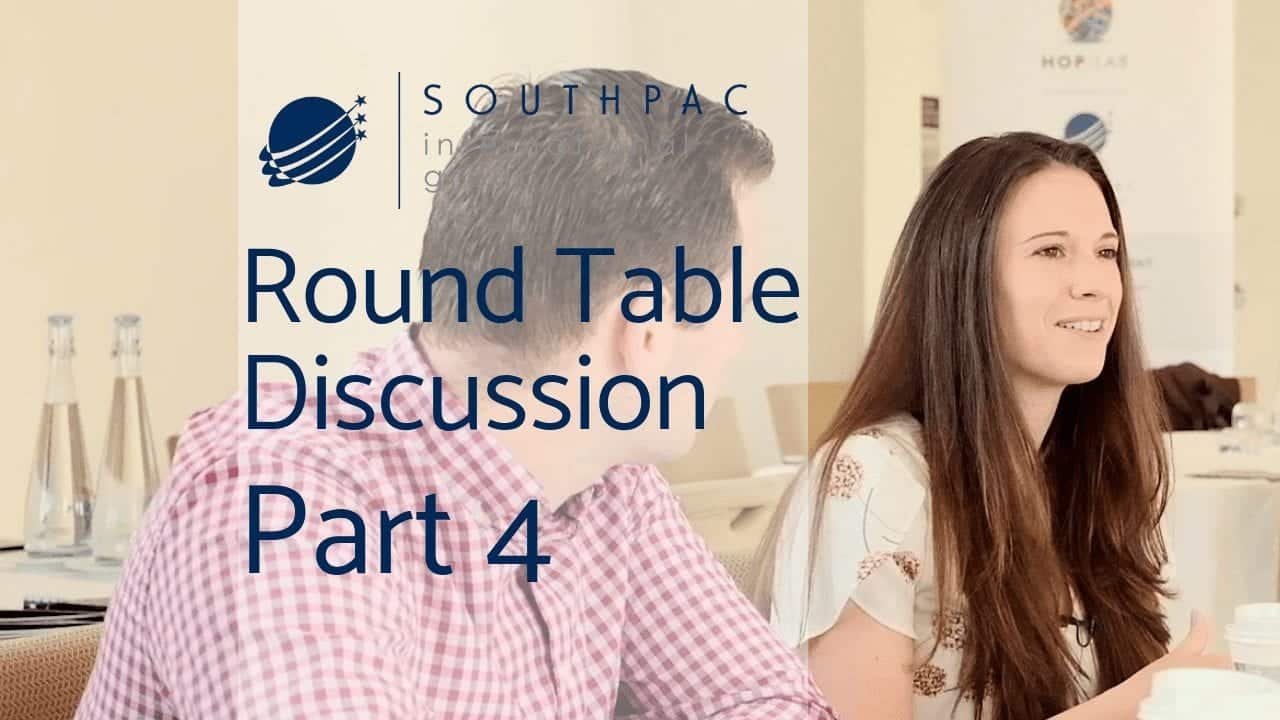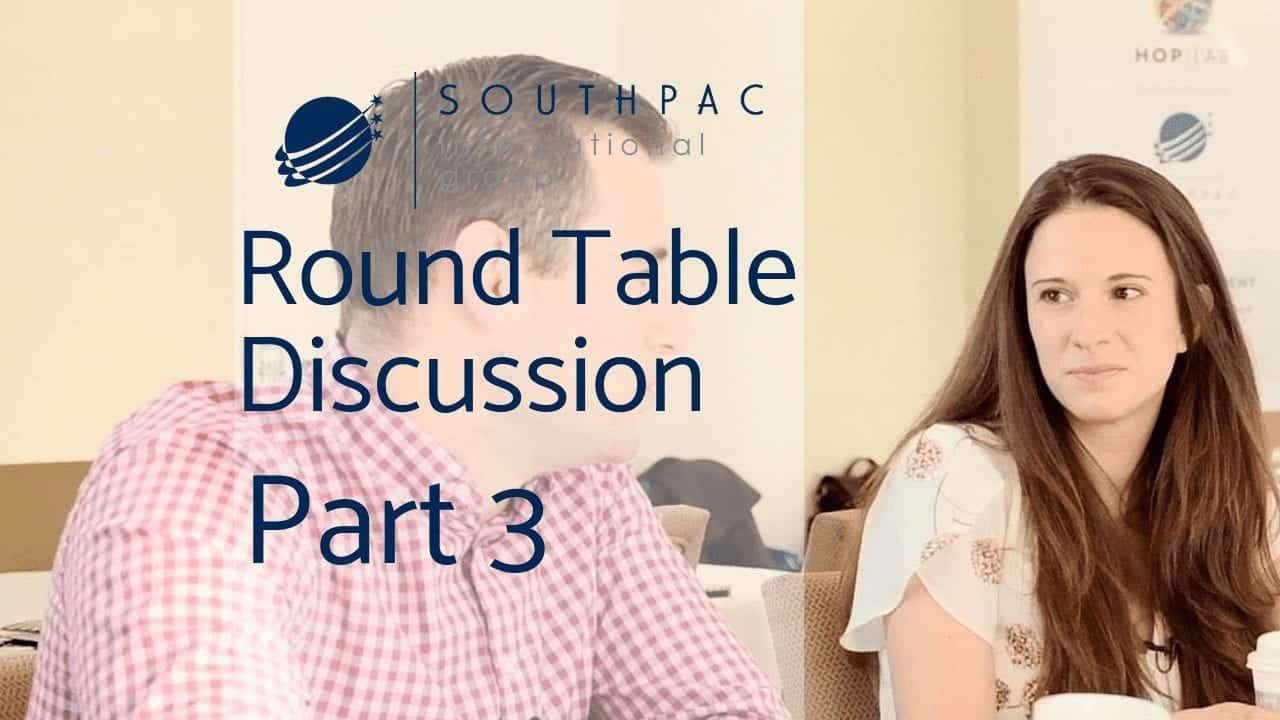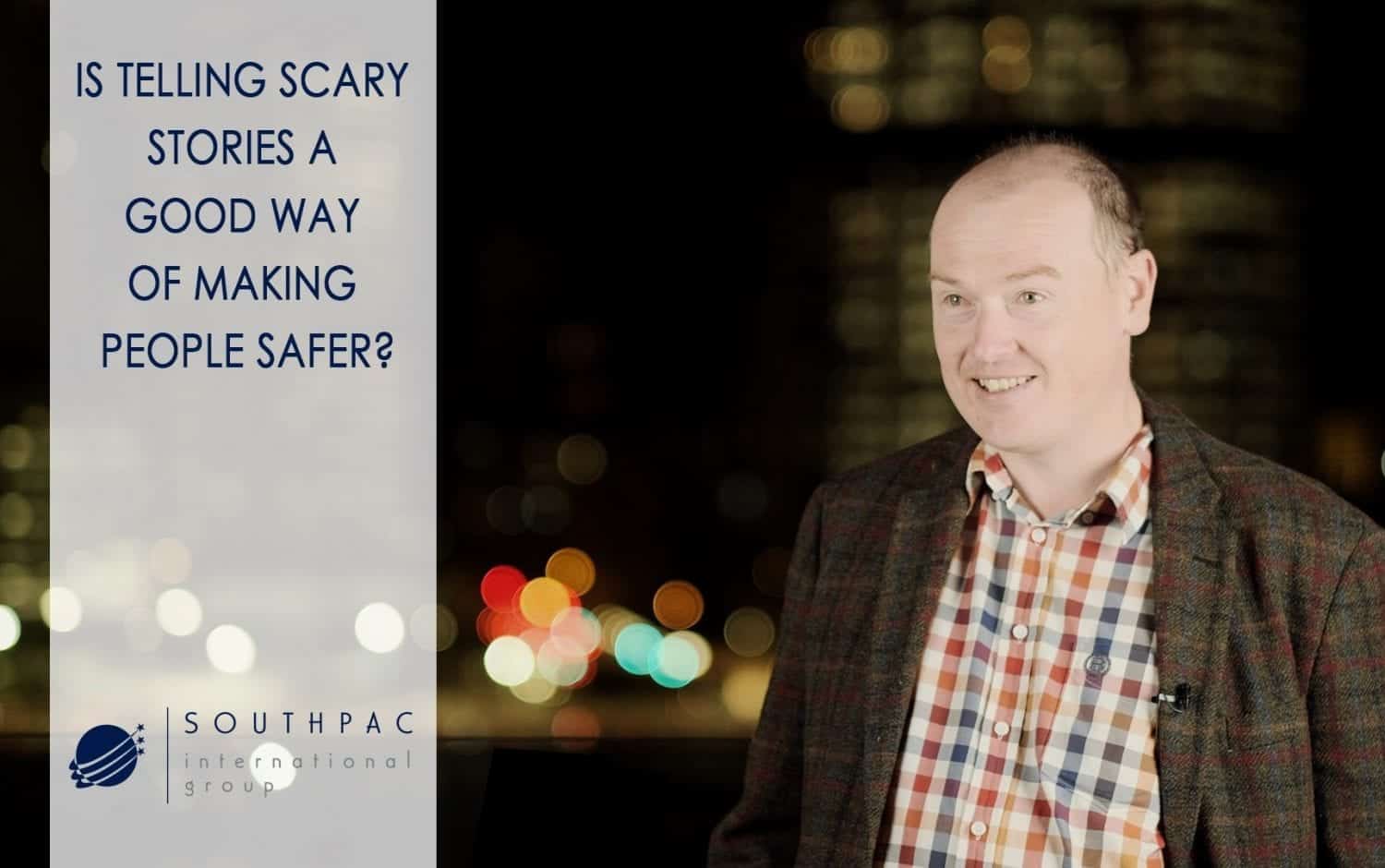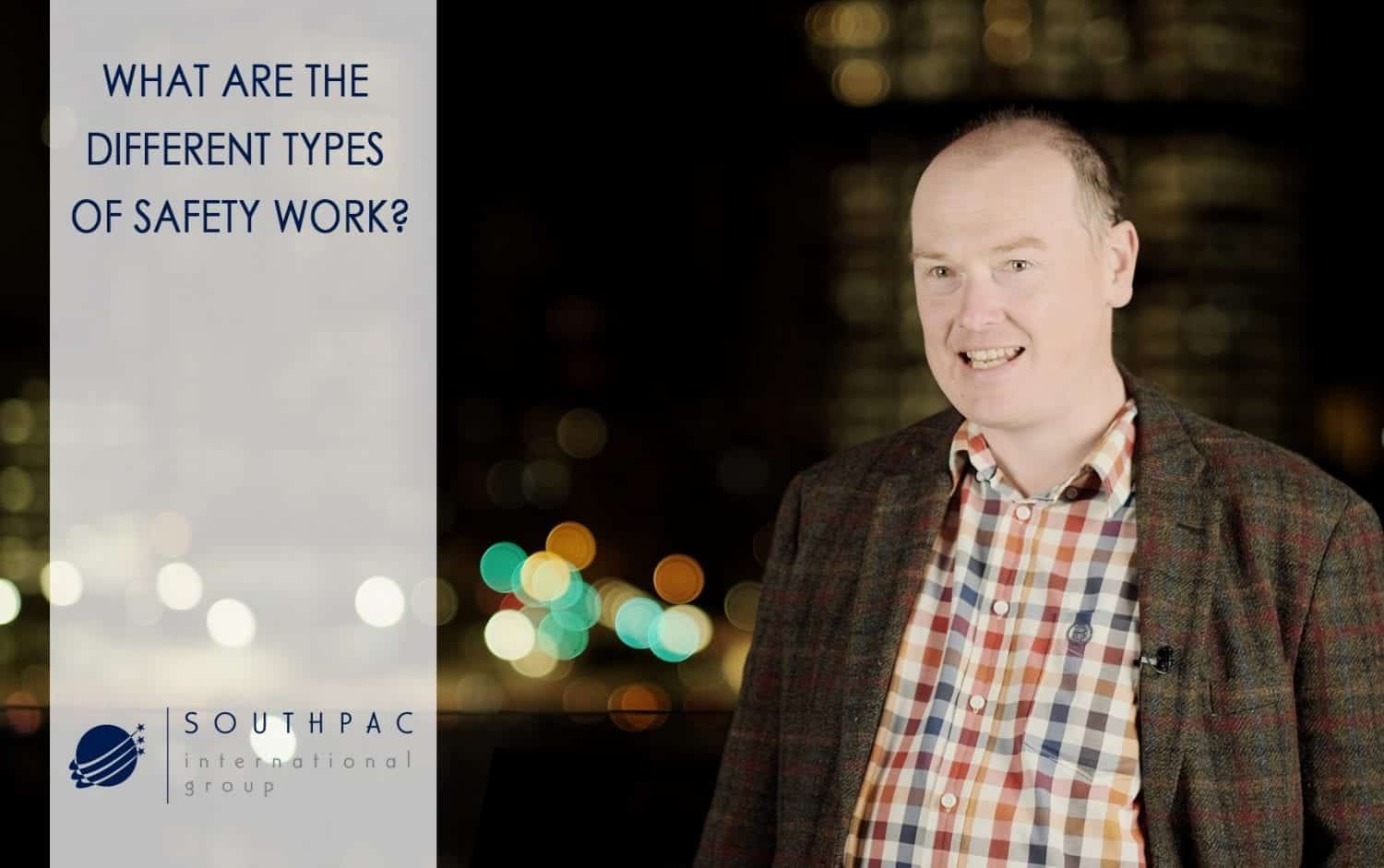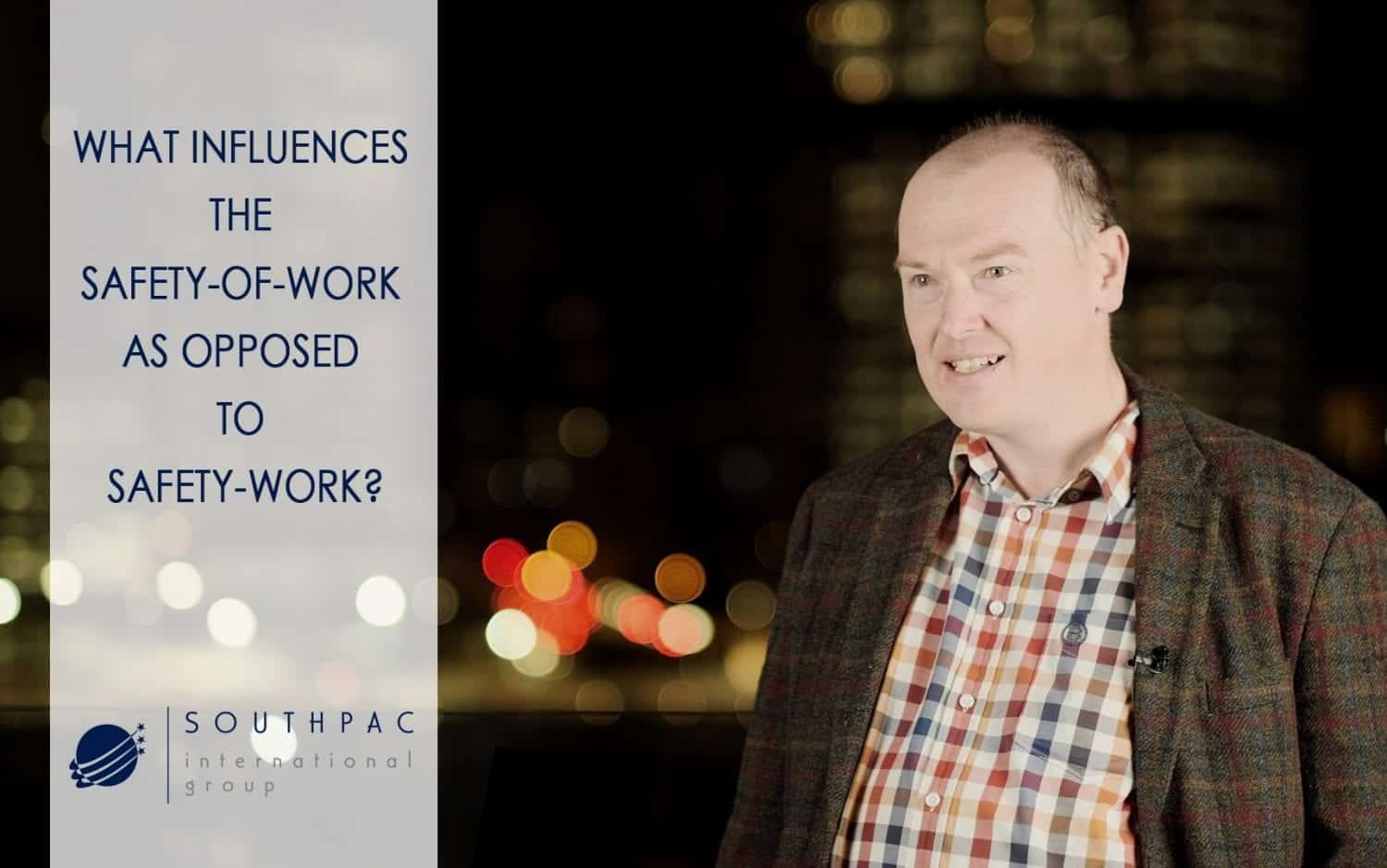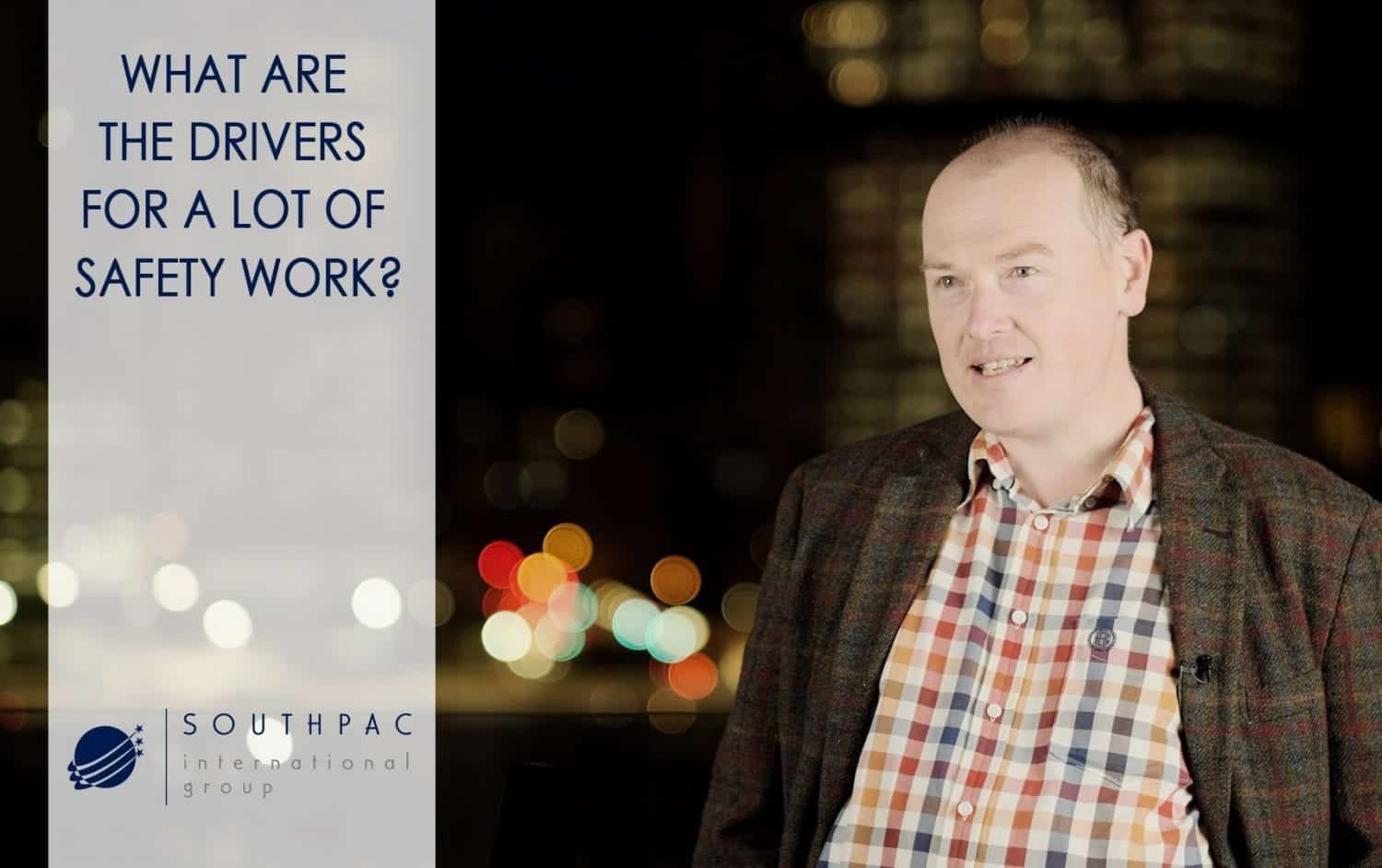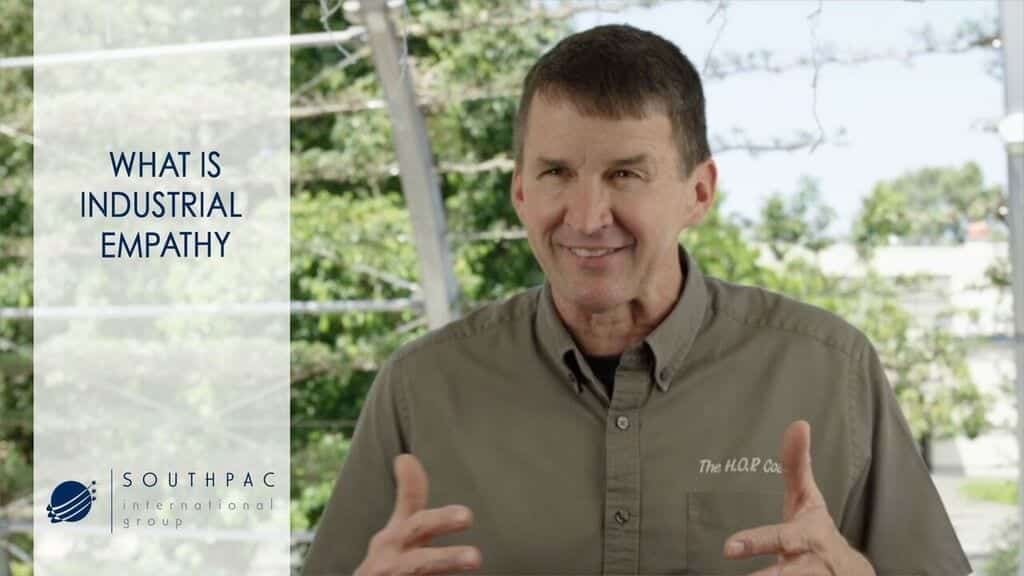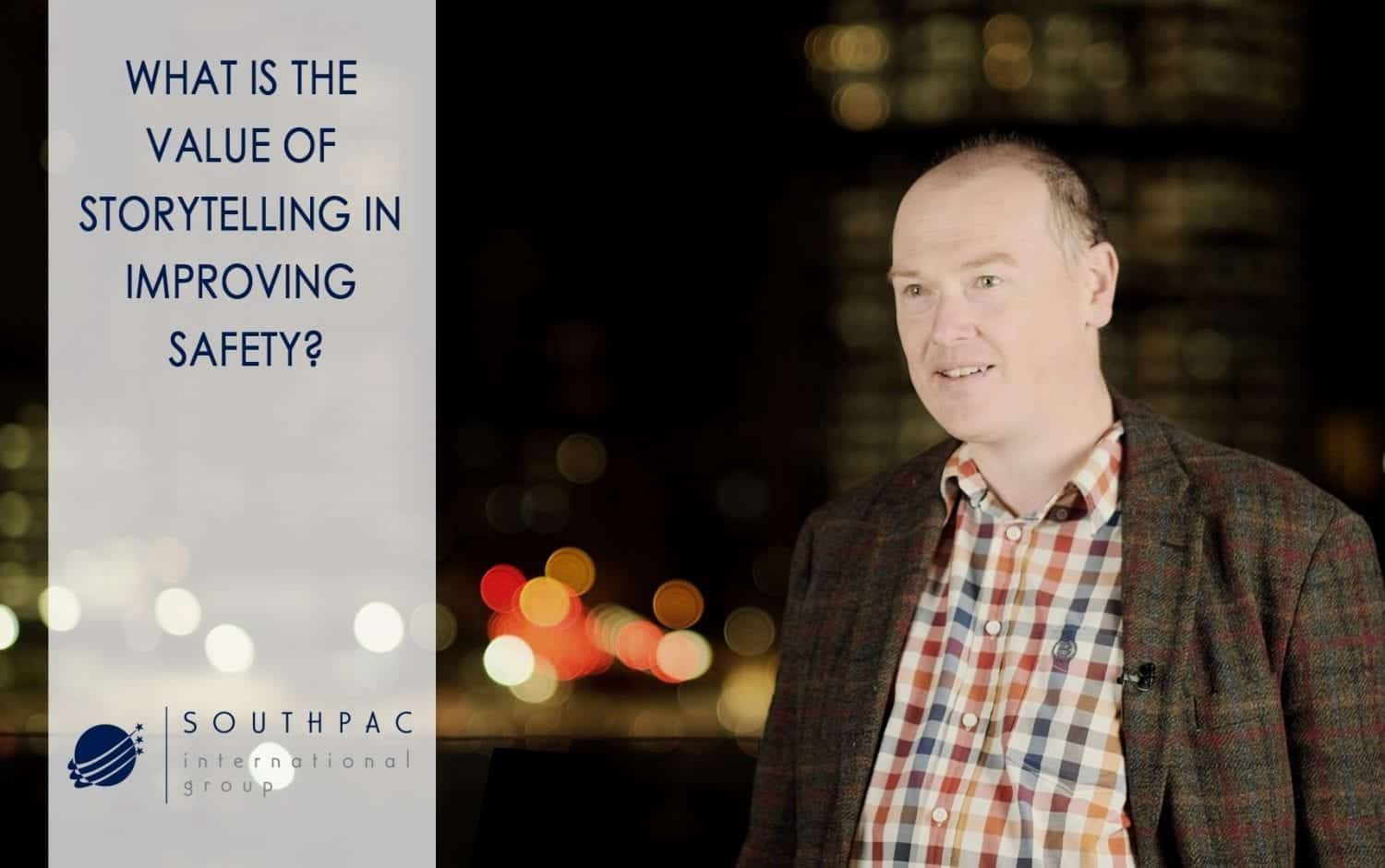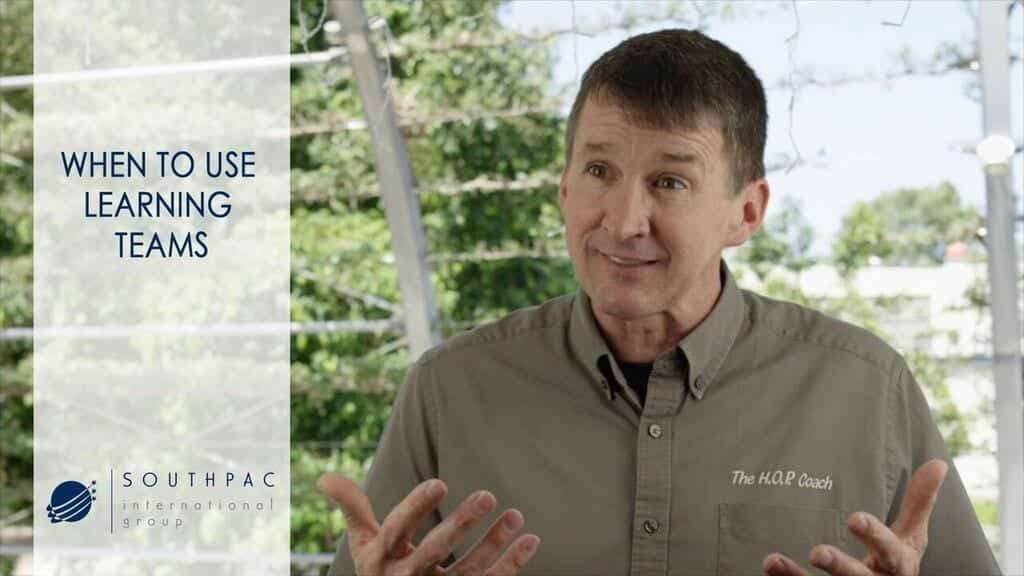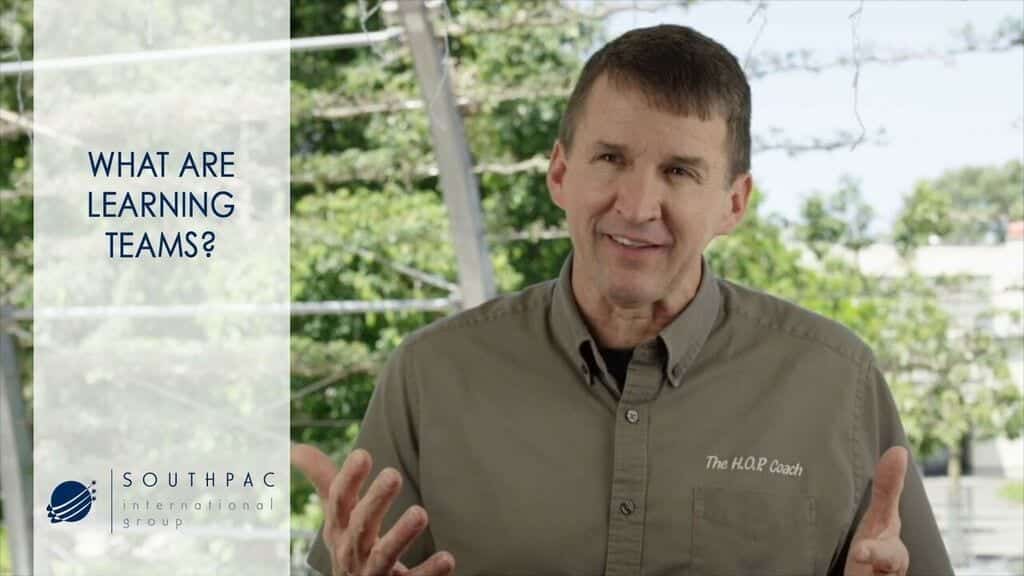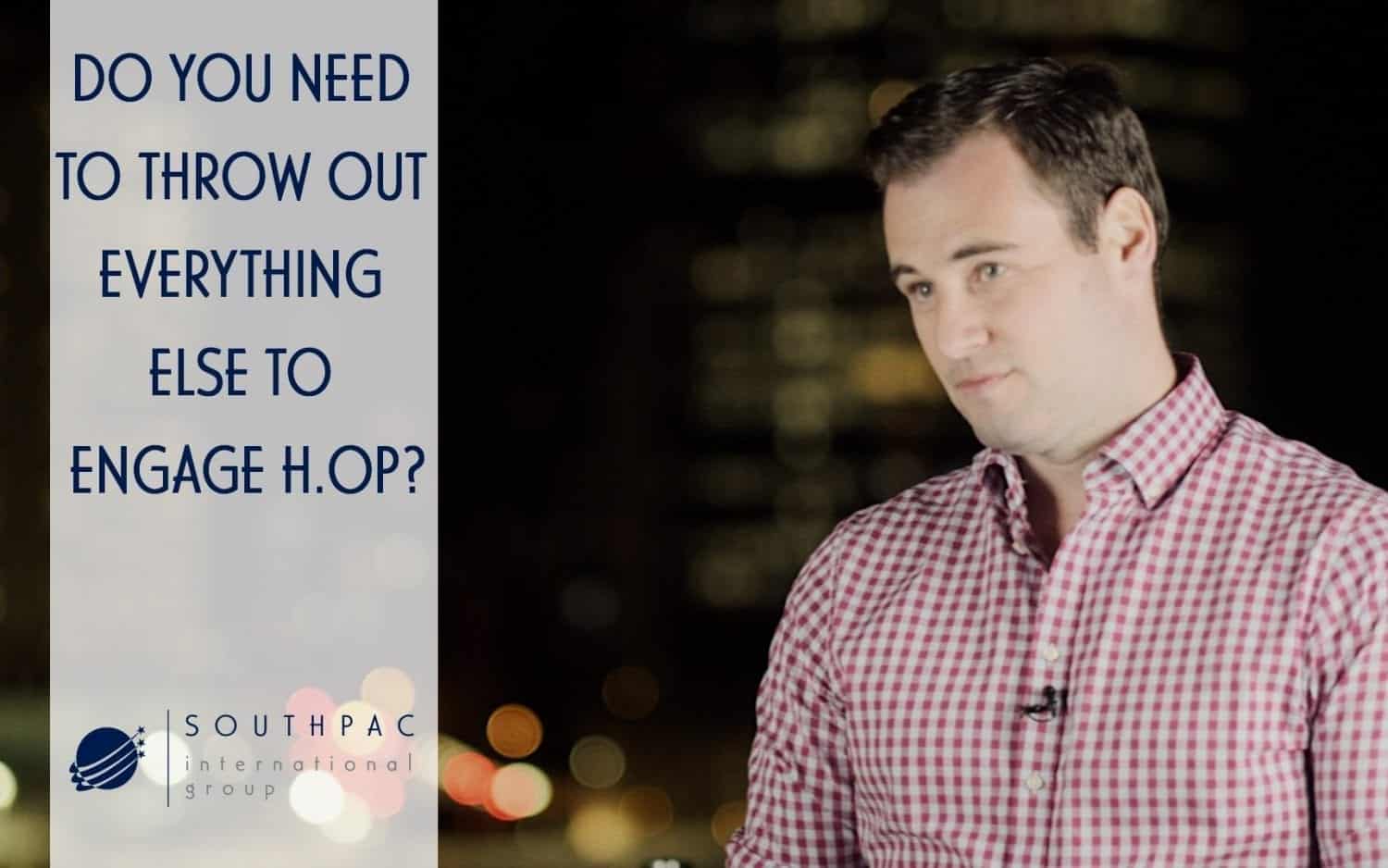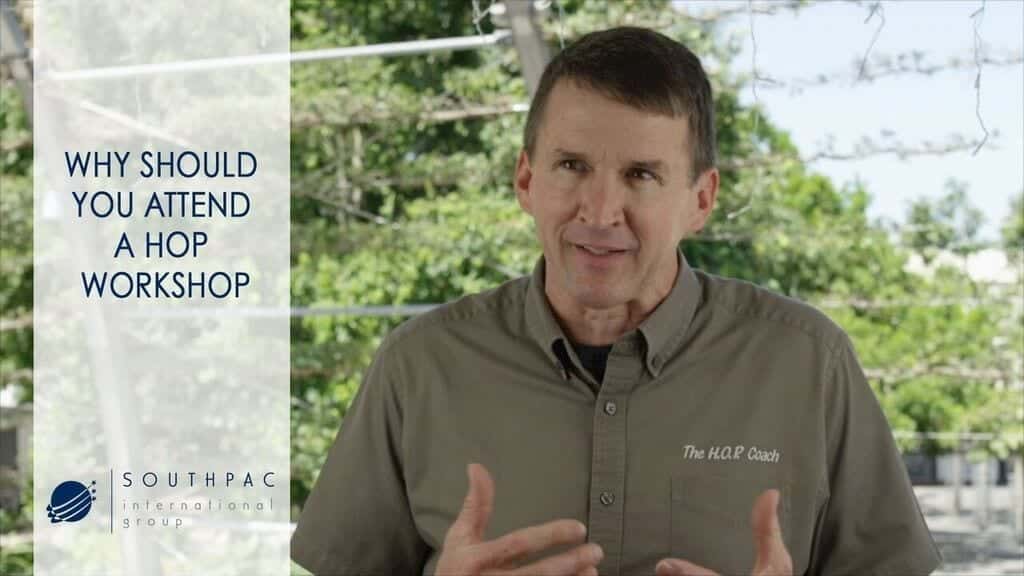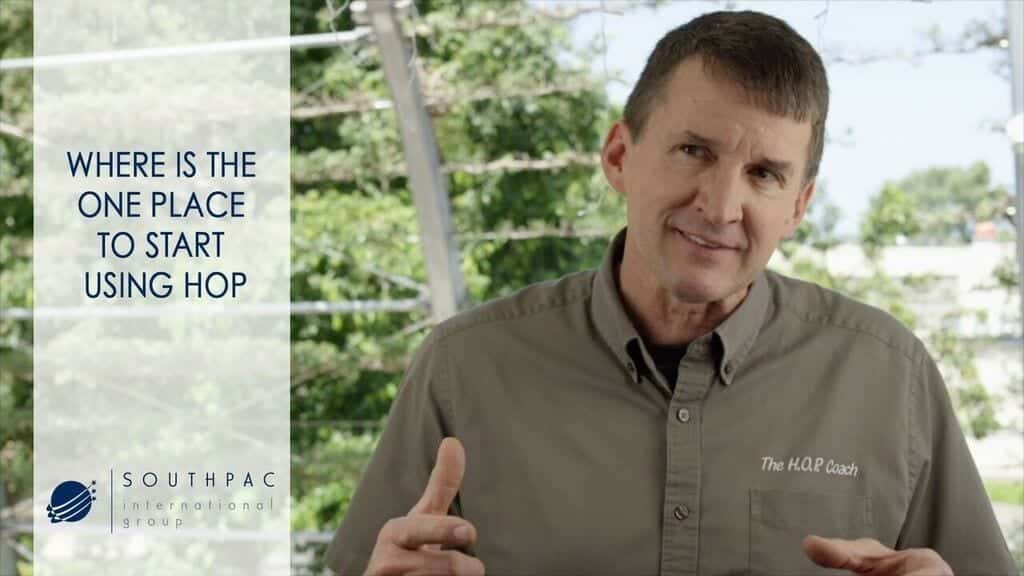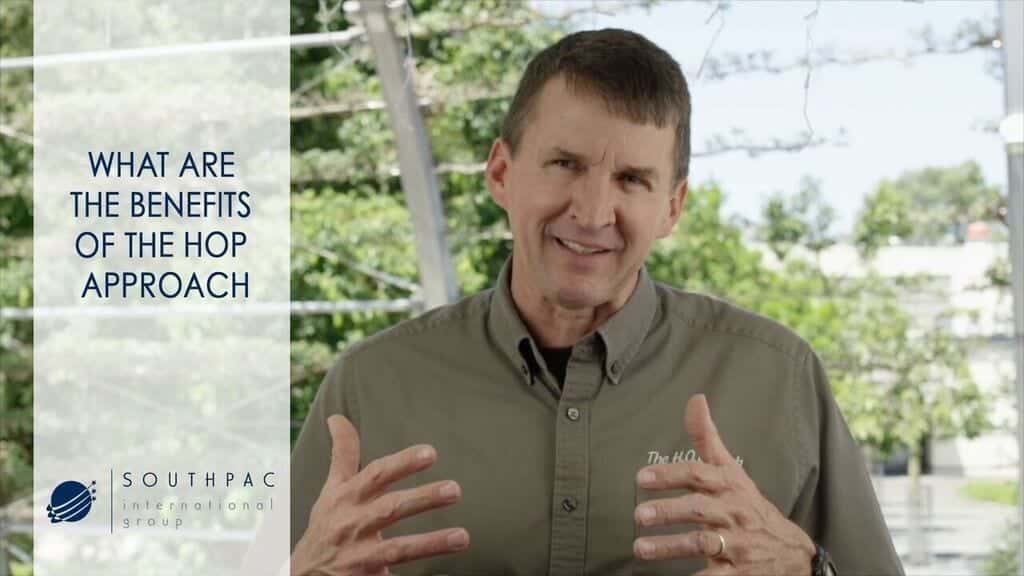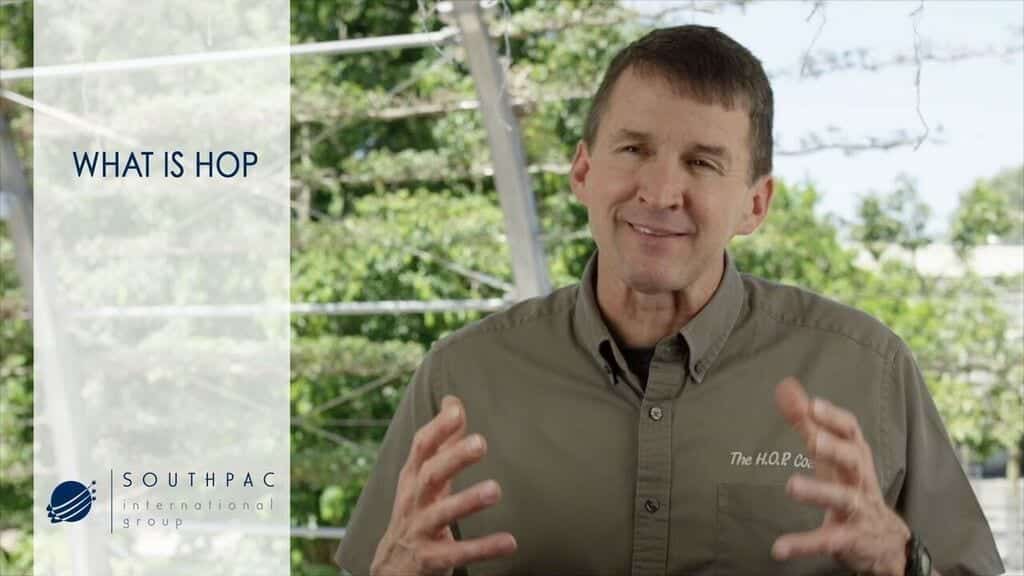What are some of the assumptions around H.O.P.?
SHOW NOTES.
Lots of assumptions come up. I would say many assumptions are magnified after an event goes wrong. When an organization is responding to what we would consider a failure or accident or event, some of the earlier assumptions that are made are ‘perhaps someone should have known better?’. We know though, that by definition that if somebody knew something negative was about to happen, they would stop what they were doing. That’s what is called counter-factual – information isn’t very helpful. That assumptions gets in the way of asking better questions. Another assumption that’s common is the belief that if somebody had just followed procedure that something wouldn’t go wrong. Although on the surface that’s true, that’s just not enough information. When you think about any event that happens, if someone robotically followed one line of thinking and there are no variables that obviously you can say, ‘well if somebody had anticipated that there was going to be a problem and stuck to the procedure, then the event wouldn’t have happened’. That is wholly uninteresting, because of the fact that one person or a group of people that had to deviate for one reason or another and is much more important for us to know why the was logical to do.
Because it’s logical to one group of people, its likely to be logical to another. That gap between the black line and blue line, we look at it as a cause, but as Todd Conklin says “saying an event is caused by an error or not following procedure, I like saying an object fell due to gravity, its always true but doesn’t tell us anything”.
Andrea Baker | Proudly brought to you by HOPLAB & Southpac International.
Contact Southpac International today for innovative H.O.P courses.
+61 7 5533 9988 | [email protected]
Watch more from this series by Andrea Baker
Watch other HOPLAB Videos
HOPLAB’S Collaborators

Subscribe to the HOP|LAB® Newsletter
Get the latest information and insights on Human and Organisational Performance delivered to your inbox.

